August Newsletter: So much to learn about GRIN Disorders…
Share This Post
As parents of children with GRIN Disorders, we crave to learn as much as we can about this rare disease.
Well, on September 13 and 14 there’s a huge opportunity to learn from some of the world’s leading researchers. They’ll be gathering at Emory University in Atlanta.
I’m looking forward to meeting many of you there. But even if you’re unable to be there in person, you can still participate in the conference.
Please register here for online attendance. A video replay will also be available after the event.
A Big Win for GRIN Research?
Facebook founder Mark Zuckerberg and his wife Priscilla Chan are investing millions into rare disease research.
CureGRIN submitted a letter of interest to the Chan Zuckerberg Initiative for a $450,000 grant to build a patient-led research network for GRIN Disorders.
More than 280 groups submitted letters of interest. Yesterday, CZI reached out to advise that we are part of a smaller subset invited to submit a formal proposal, which is due on October 1. We expect to know by the end of the year if we will be awarded the grant.
Fingers crossed!
Help us Grow
CureGRIN is a new foundation with huge goals. There are so many ways you can help us grow!
Share this newsletter with family members, health care providers, and other GRIN families and encourage them to sign up
Join our Parent Advisory Committee
Choose CureGRIN for your next birthday fundraiser on Facebook
Follow us on Twitter and Facebook
Thanks for all your help!!
Keith
Chief Executive Officer and Head of Science
CureGRIN Foundation
Read more Posts

2020 GRIN Virtual Conference
The annual GRIN Conference went virtual this year! Access the sessions below to learn more about what’s happening in GRIN research and hear the latest developments from clinicians, researchers, and family members.

